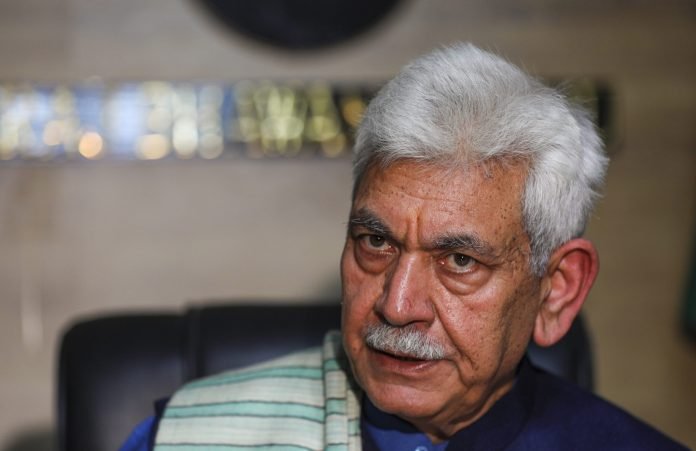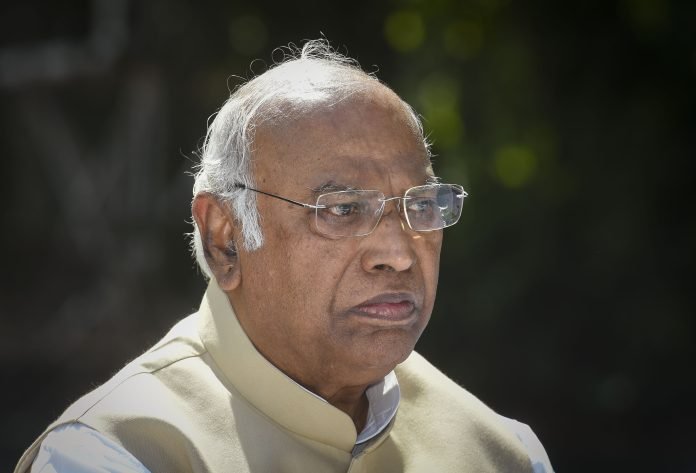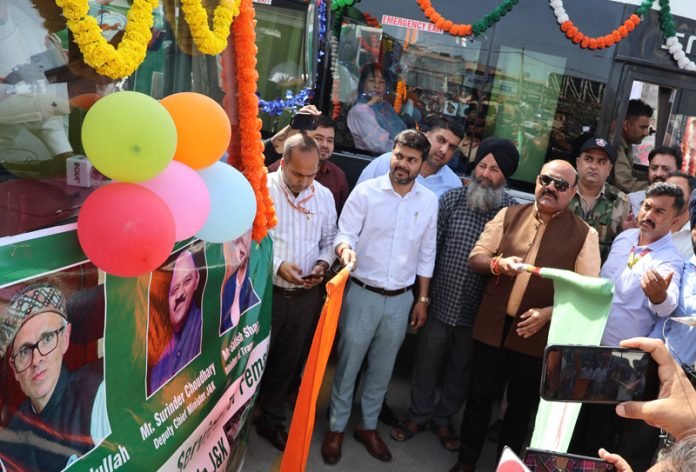Lieutenant Governor Manoj Sinha stated today that there is no longer a need for the United Nations office in Srinagar, citing significant improvements in the situation. However, he clarified that the decision falls under the jurisdiction of the Ministry of External Affairs.
In an interview with a national news channel, Sinha responded to a query on whether the UN office should be shut down as the focus has now shifted to Pakistan-occupied Jammu and Kashmir (PoJK). “This matter is not within my domain; the External Affairs Ministry is best positioned to address it,” he said, adding, “But there is no need for a UN office in Srinagar anymore.”
Governance, Development, and Investments
The Lieutenant Governor emphasized that his administration has maintained good relations with the government. “Before an elected government is in place, our agenda is peace, development, investment, and job creation. If an elected government aligns with the same objectives, there will be no issues,” he asserted.
Asked to assess Omar Abdullah’s government, Sinha remarked that four months is too short a time to form an opinion. However, he affirmed a positive working relationship with the elected administration. He highlighted that under the Jammu and Kashmir Reorganization Act, the powers of the Lieutenant Governor and the elected government are well-defined. “Both have their respective roles. Together, we can drive Jammu and Kashmir further towards progress,” he said.
Over the past five to six years, he noted, Jammu and Kashmir’s economy has shown remarkable improvement. “Since 2017, the region’s economy has doubled, and per capita income has risen. Jammu and Kashmir Bank, which was running at a loss of ₹1,200 crore, is now recording a profit of ₹1,700 crore. There has been a tremendous turnaround,” Sinha stated.
He also highlighted the upcoming inauguration of train services to Kashmir by Prime Minister Narendra Modi, which he believes will significantly boost connectivity and economic growth.
Return of Kashmiri Pandits and Peace in the Valley
On the subject of Kashmiri Pandits returning to their homeland, Sinha expressed optimism. “Most of their issues have been addressed. When peace is fully restored, they will return to their homes. Hopefully, that day will come soon,” he said.
Rejecting claims from certain politicians that peace in Kashmir is being “forced,” Sinha pointed out that Bollywood and Hollywood film shoots, Muharram processions, thriving cinema halls, booming tourism, and rising industrial investments are proof of a stable and peaceful Kashmir.
“This is the Government of India’s policy—to establish permanent peace in Jammu and Kashmir. Over the past five years, we have made great strides. Stone pelting is now history, businesses are flourishing, schools and colleges are functioning normally, and the aspirations of the youth are aligned with the rest of the country,” he added.
Security Situation and Neighboring Threats
The Lieutenant Governor acknowledged that whenever peace is established in Jammu and Kashmir, the “neighbor” (a veiled reference to Pakistan) feels uneasy. He noted that both the Lok Sabha and Assembly elections were conducted peacefully and were widely appreciated, both nationally and globally.
“Currently, no top terrorist commanders are left, and local recruitment into terrorist groups is at its lowest,” Sinha said. “People are walking along the banks of the Jhelum River late at night—this is a sign of normalcy. While some politicians may have their own compulsions for making statements, the people of J&K want peace to persist. All this progress is possible due to the leadership of the Prime Minister, the Home Minister, and a unified approach by the entire government.”
Action Against Government Employees with Terror Links
On the termination of government employees linked to anti-national activities, Sinha affirmed that the process will continue. “Identification and dossier preparation against such employees are ongoing, and appropriate action will be taken,” he said.
He concluded by stating that the government has provided 40,000 jobs in a transparent and merit-based manner, ensuring fair opportunities for the youth of Jammu and Kashmir.




